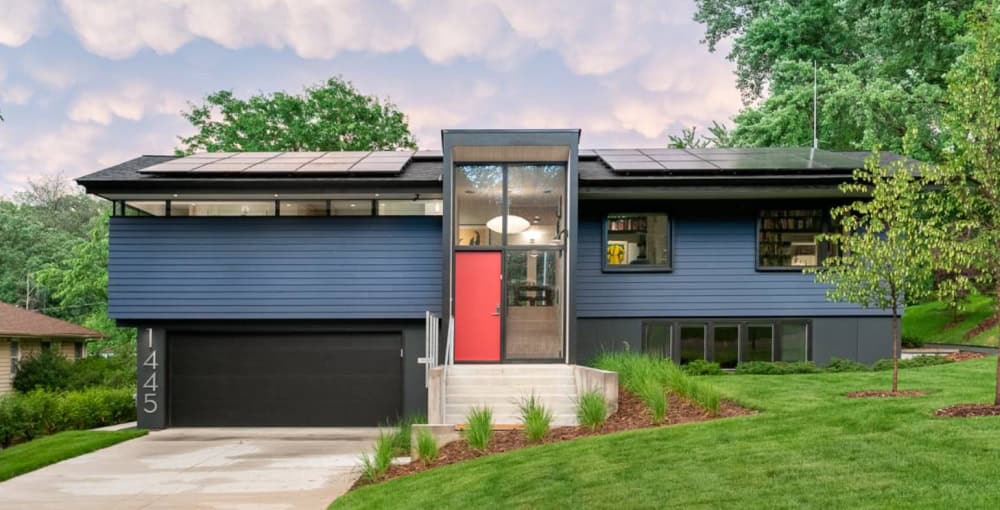Environmental Certifications for New Homes
Drop a Line if you have a Question!
Environmental Certifications
Are you looking to build or buy a new home? Have you ever considered the impact it has on the environment? Environmental certifications for new homes are becoming increasingly important. They ensure that your home meets specific standards for energy efficiency, sustainability, and overall eco-friendliness.
In this article, we will explore the different types of environmental certifications, the benefits of having a certified home, and the steps to obtain one.
Get ready to make a positive difference and create a greener future for yourself and the planet.

The Importance of Environmental Certifications
You should consider the importance of environmental certifications when choosing a new home. These certifications are crucial in ensuring that your new home meets certain environmental standards.
By opting for a certified home, you can contribute to a healthier and more sustainable living environment. Environmental certifications such as LEED (Leadership in Energy and Environmental Design) or ENERGY STAR indicate that a home has been built with energy efficiency and sustainability in mind.
These certifications guarantee that the home has undergone rigorous testing and inspections to ensure it meets specific criteria. By choosing a certified home, you can enjoy benefits such as reduced energy consumption, lower utility bills, improved indoor air quality, and a smaller carbon footprint.
Additionally, certified homes often have higher resale value and are more attractive to potential buyers.
Different Types of Environmental Certifications
When it comes to different types of certifications, there’s a lot to consider. One of the most popular environmental certifications for new homes is LEED, which stands for Leadership in Energy and Environmental Design. LEED certification focuses on various aspects of sustainability, including energy efficiency, water conservation, and indoor air quality.
Another well-known certification is ENERGY STAR, which is specifically for energy-efficient homes. This certification ensures that the home meets strict energy efficiency guidelines set by the Environmental Protection Agency.
If you’re looking for a certification that takes a holistic approach to sustainability, you might consider the Living Building Challenge. This certification goes beyond energy efficiency and looks at factors such as materials, water usage, and social equity.
Ultimately, the choice of certification depends on your priorities and goals for your new home.
Benefits of Building or Buying a Certified Home
If you’re considering a certified home, the benefits include lower utility bills and a reduced environmental impact. By choosing a certified home, you can save money on energy costs due to the energy-efficient features and systems installed. These homes are designed to minimize energy consumption and maximize energy efficiency, resulting in lower utility bills for you.
Moreover, certified homes are built with sustainable materials and practices, reducing their environmental impact. They are designed to be more resource-efficient, producing less waste and using fewer natural resources during construction.
Additionally, certified homes prioritize indoor air quality, ensuring a healthier living environment for you and your family. So, if you want to save money, reduce your carbon footprint, and enjoy a healthier home, a certified home is the way to go.
Steps to Obtain an Environmental Certification
To obtain an environmental certification, it’s essential to research and choose a reputable certification program that aligns with your sustainability goals.
Start by identifying the specific environmental features and practices you want your home to have. Look for certification programs that focus on those areas, such as energy efficiency, water conservation, or indoor air quality.
Once you have a few options, thoroughly research each program to ensure they are credible and recognized in the industry. Look for certifications that are backed by reputable organizations and have rigorous standards. Consider reading reviews or reaching out to others who have gone through the certification process.
Once you have chosen a program, follow their guidelines and requirements to ensure your home meets the necessary criteria.
The Future of Environmental Certifications for New Homes
As a homeowner, you should stay informed about the future of sustainability standards in the housing industry and how they may impact your certification goals.
The future of environmental certifications for new homes is looking promising, with a growing emphasis on sustainable building practices. As awareness about climate change and the need for energy-efficient homes increases, there is a push towards stricter standards and regulations.
This means that if you are planning to obtain an environmental certification for your new home, you may need to meet even higher criteria in the future. It is important to stay updated on any changes or updates to certification programs to ensure that your home remains in compliance.
Conclusion
So there you have it – the importance of environmental certifications for new homes.
By obtaining a certification, you can ensure that your home is built or bought with sustainable and eco-friendly features. Not only does this benefit the environment, but it also provides numerous advantages for homeowners such as energy efficiency, reduced utility bills, and improved indoor air quality. Take the necessary steps to obtain an environmental certification and contribute to a greener future for our planet.

Have a question?
Become a
























